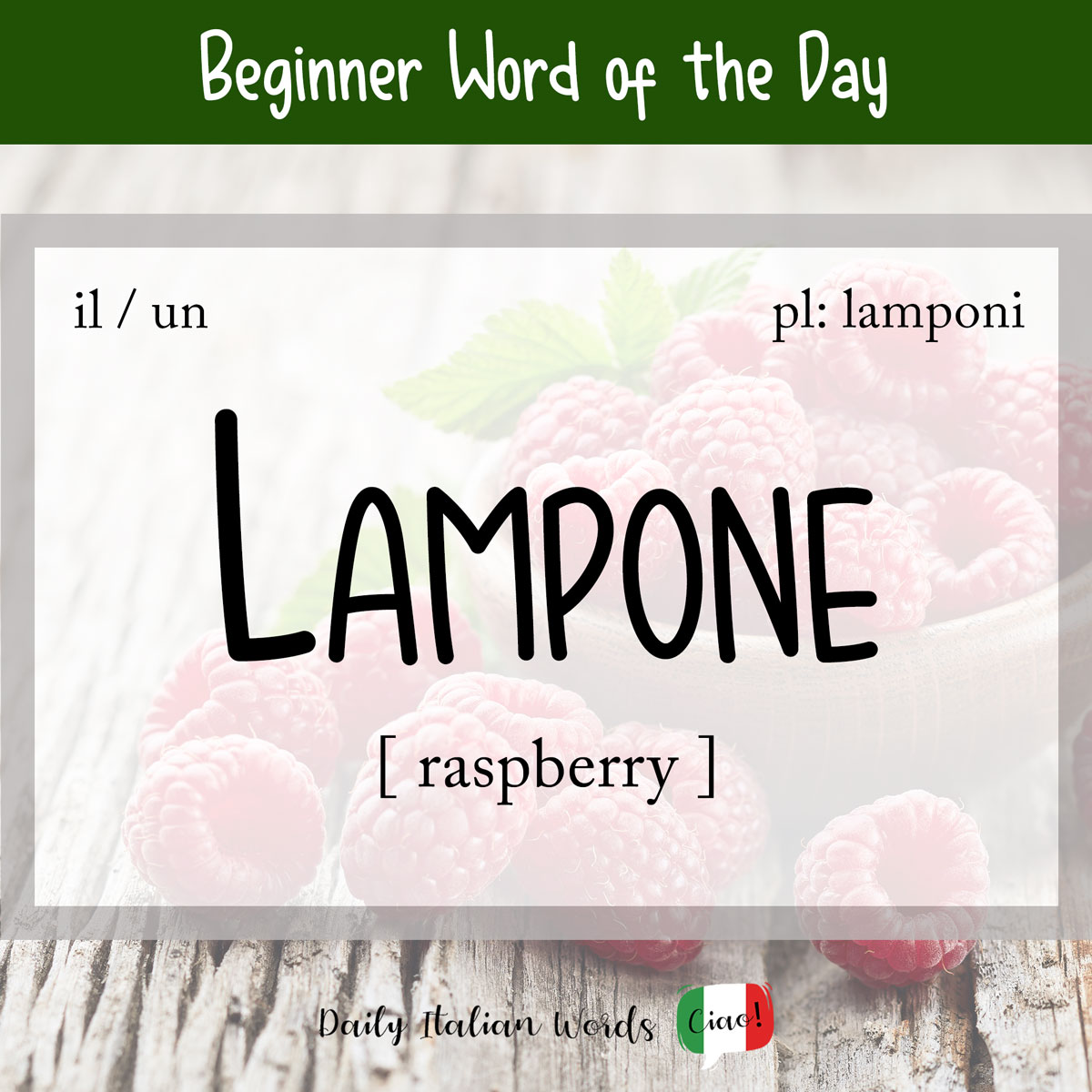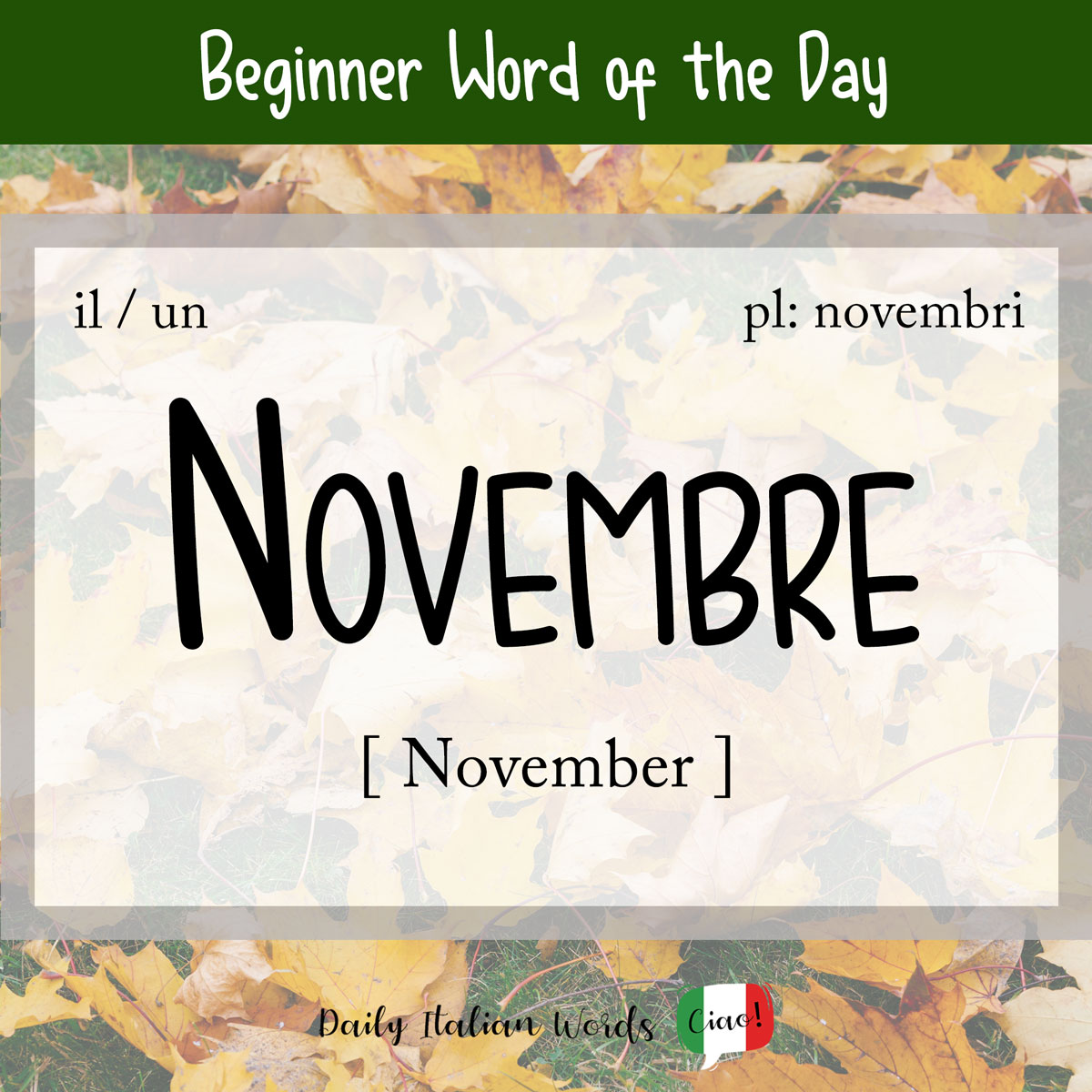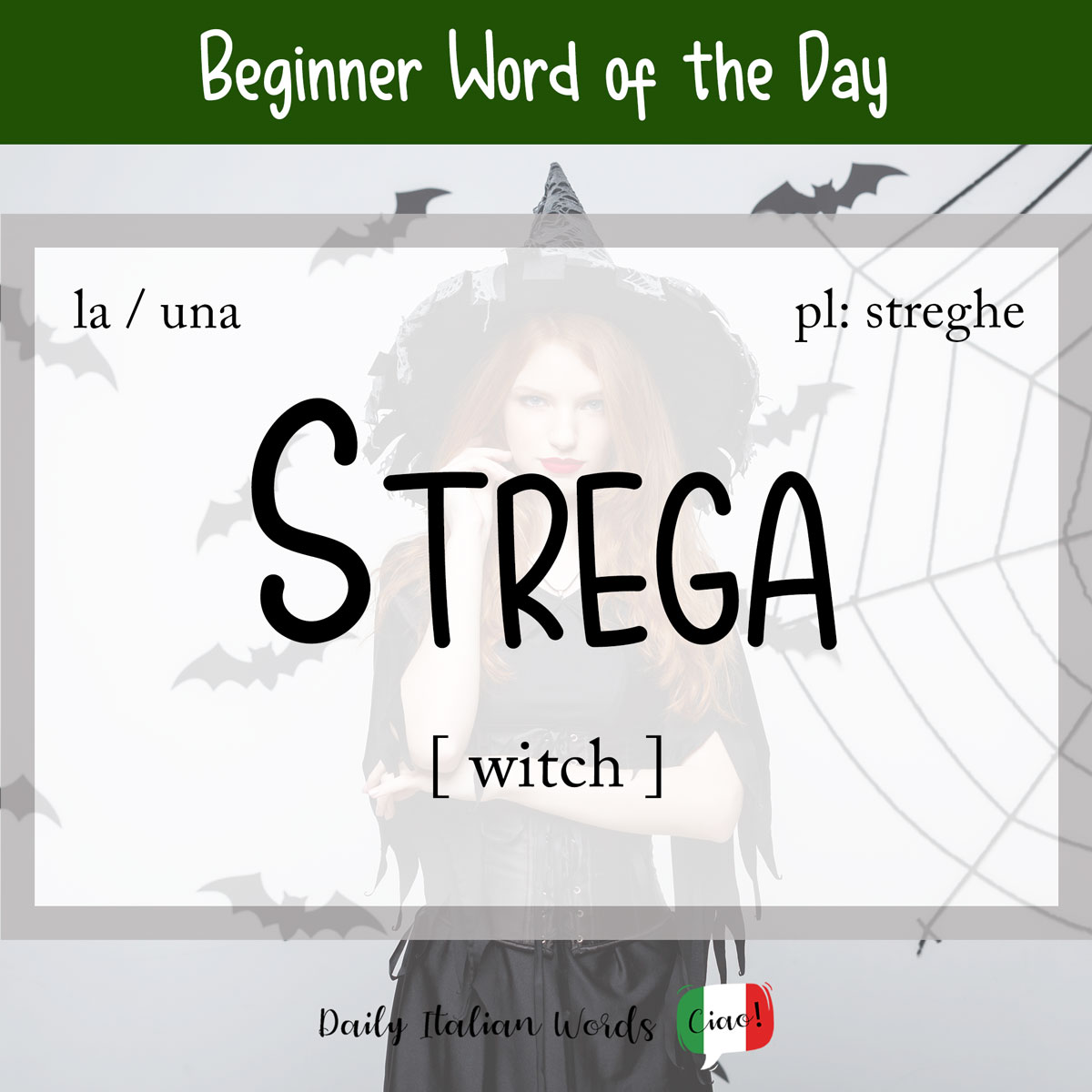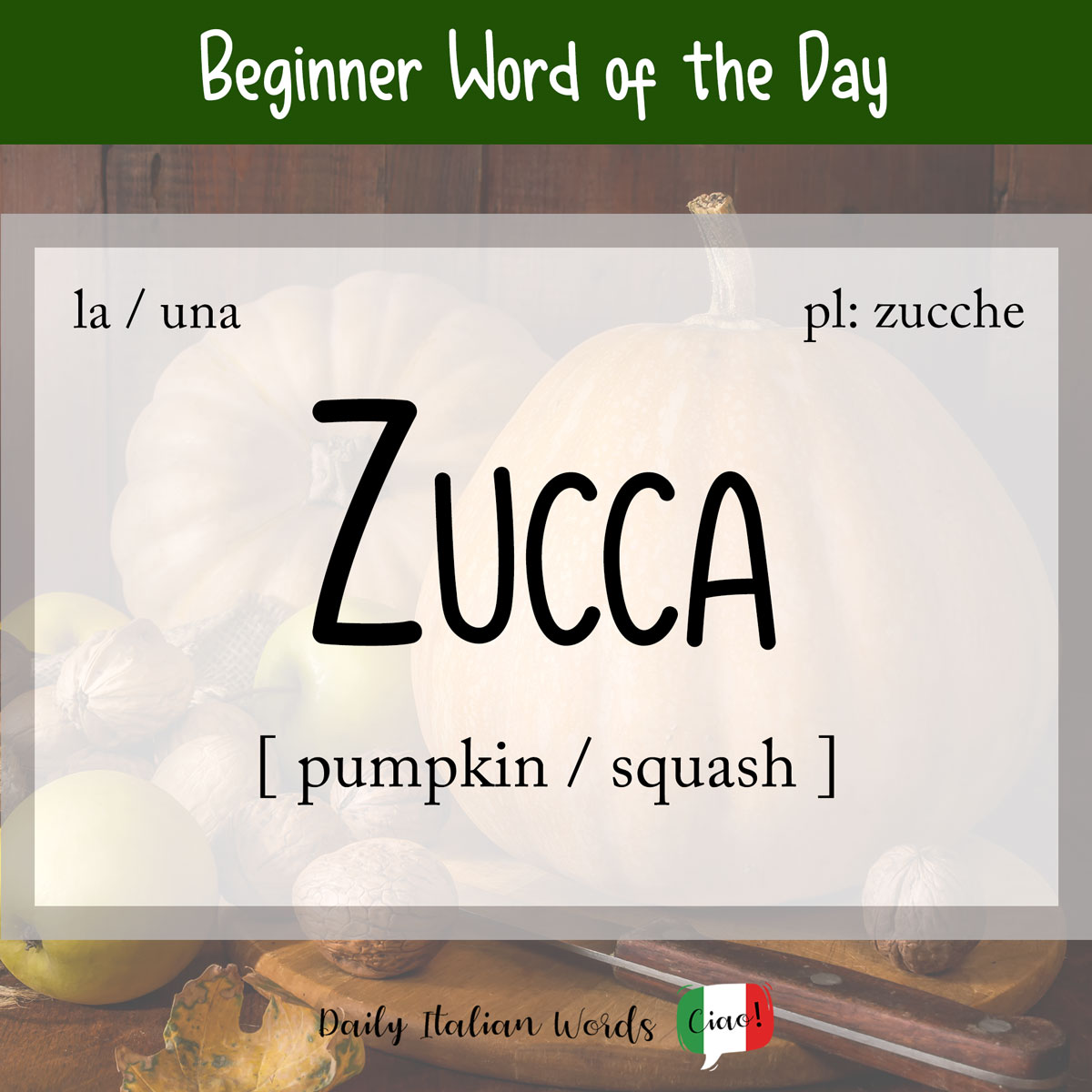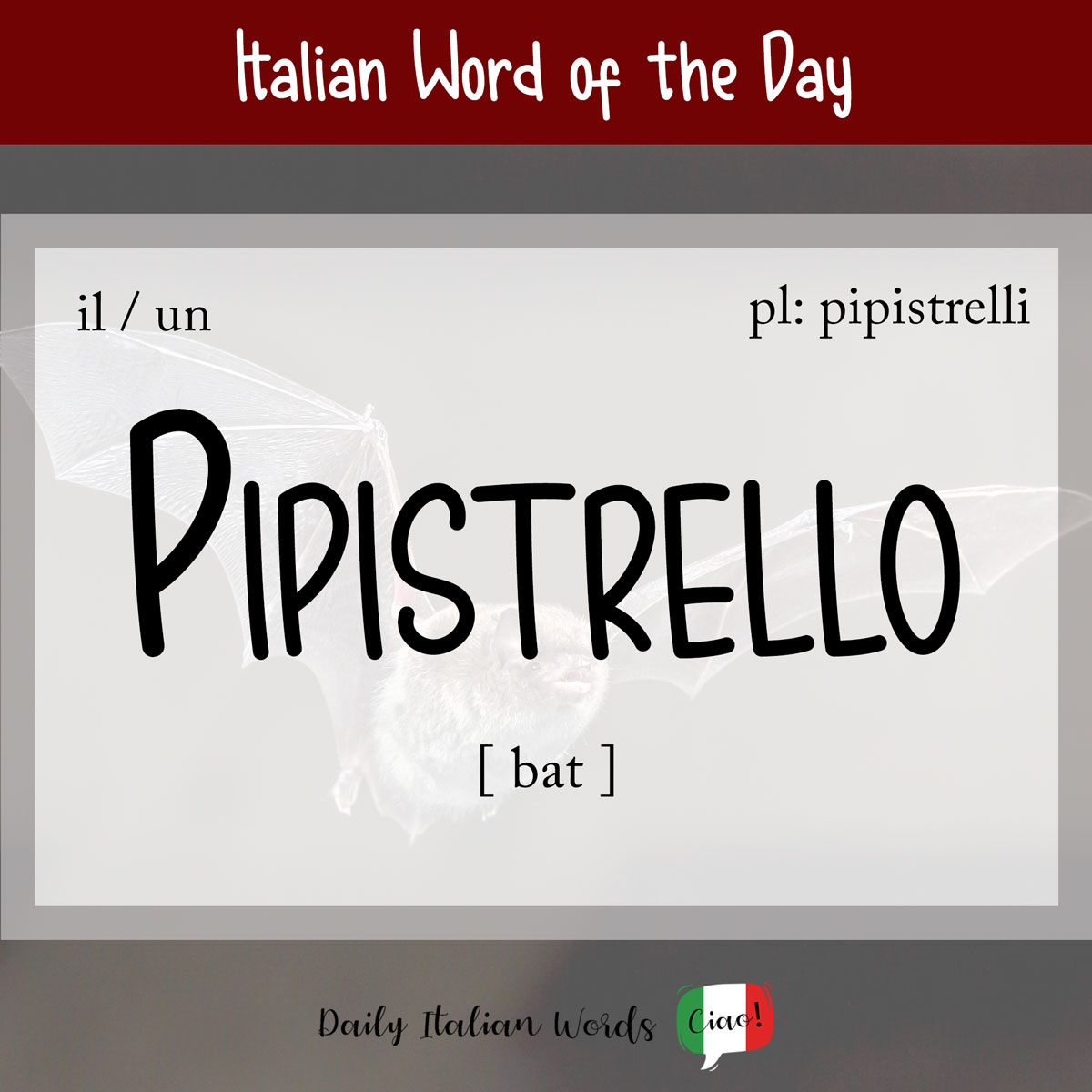Italian Word of the Day: Lampone (raspberry)
One of my favourite berries (frutti di bosco) is the raspberry, which is called a lampone (masculine, plural: lamponi) in Italian. In addition to the fruit, it is also the name given to the raspberry bush. In Italy, there are various areas where raspberries are cultivated successfully, with the main production regions being Trentino, Veneto …

